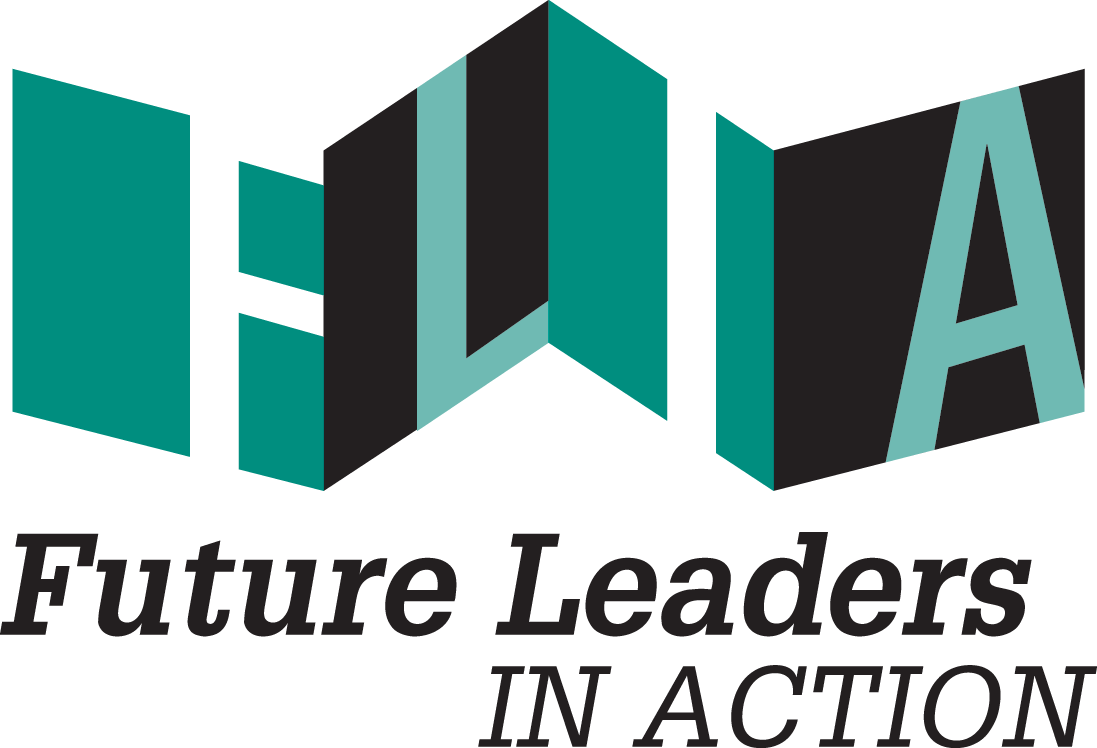YoVanna works with other fellows during the leadership training retreat.
In my work with the social sector I have often observed a disconnect between the well-meaning founders of organizations and the people to whom it is these organization’s mission to serve. As is commonly the case, the underrepresentation of Black and brown people in positions of leadership is a reflection of the very same inequity that the social sector seeks to combat with programming and services. How can organizations effectively serve Black and brown people without having Black and brown people on their team? They simply cannot.
In order for people of color to step into positions of leadership in the social sector, we must first be given opportunities to develop the experience and skills necessary to thrive in the field.
In order for people of color to step into positions of leadership in the social sector, we must first be given opportunities to develop the experience and skills necessary to thrive in the field. Historically, non-profit fellowships and internships have been unpaid positions, which are discriminatory in nature, unintentionally or not, as many people of color can’t afford to accept positions that do not compensate them for their work.
I most value my experience as a Future Leaders in Action fellow for this reason. As a young Black woman, who has received and benefitted from youth programs, I view this as an opportunity to not only give back, but to create a seat at the table. My work at Row New York has allowed me to develop the skills to move confidently in social sector. I embody the perspective of not only someone who participated in non-profit programming in my youth, and volunteered for such programs, but now, I also represent that of an experienced member of the programing development team for underprivileged youth. While I have learned many valuable lessons through my fellowship with FLIA, the two that have most influenced my professional development are:
1. Bring your “whole-self” to work
In a “leave it at the door” work culture, valuable personal insight can be lost. By bringing my “whole-self” to work, I have been able to apply grassroots techniques to my project and ignite change from the ground up. While working on my project to create a social and emotional learning (SEL) curriculum for Row New York, I have been intentional about allowing the youth we serve to weigh in on the process by requesting their feedback and making changes based on their constructive criticism.
As a young girl who participated in many programs, I understand the frustration of taking part in programs that are not in tune with participant needs. Without the ability to lean into my experience, I would not have thought to consult the young people my curriculum will be serving. It is from having experienced the consequences of the predictions and prescriptions organizations make in response to assumed needs that I learned the value of collaborating with those that are being served.
2. The importance of a personal mission statement
Mission statements focus your energy and attention. Companies use them to increase employee engagement and encourage team collaboration towards achieving company goals. During the leadership retreat, each member of my cohort was asked to create our personal mission statements. Mine was: to cultivate meaningful relationships through collaboration, vulnerability and empowerment that spark joy and resonate love. Checking in with my mission statement has kept me grounded and has offered much needed reminders of why I have chosen to pursue a career in the social sector.
This fellowship could not have come at a more opportune moment. Being given the space to grow, the guidance to succeed, and the appropriate compensation for my work has enabled me to build the foundation for a successful career in the social sector. It is through experiences like these that Black and brown leaders are shaped.



